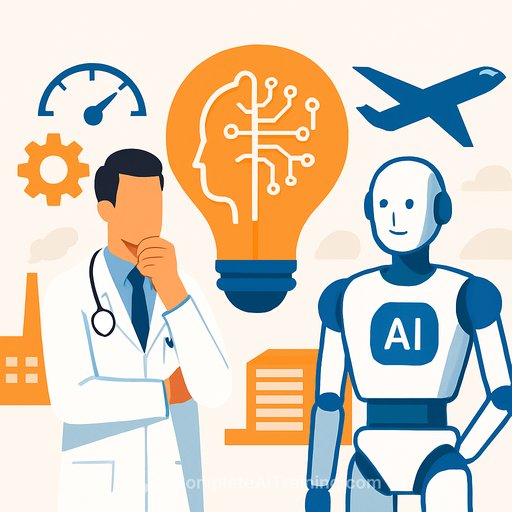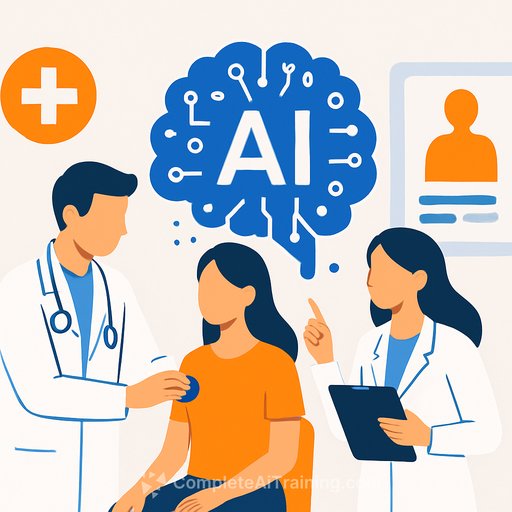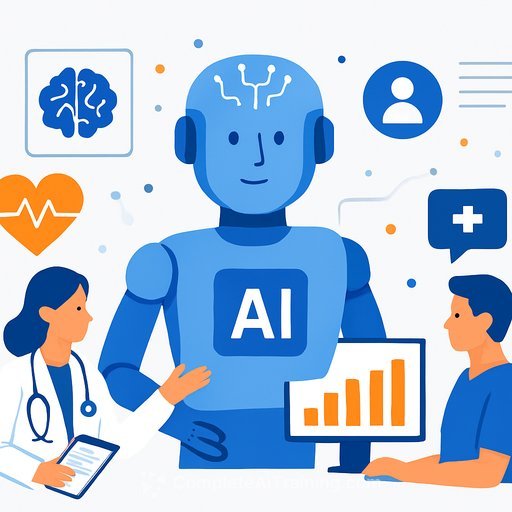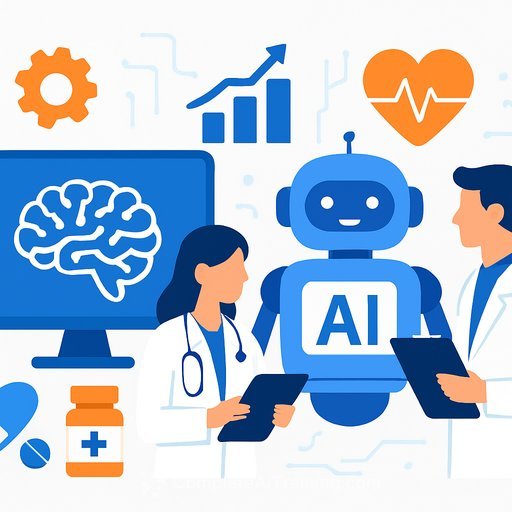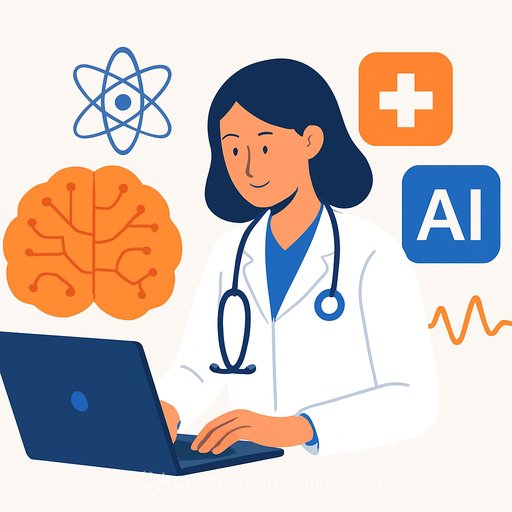Health Care AI Oversight: Lessons from Other Industries
Artificial intelligence is changing health care by improving diagnostics, streamlining workflows, and enhancing patient outcomes. However, these benefits come with serious concerns about AI safety, oversight, and governance. For physicians and health care providers, recognizing these challenges is key to maintaining patient trust and preventing unintended harm.
One major risk lies in adopting AI tools without proper governance. Without clear safeguards, physicians may encounter inaccurate results, biased recommendations, or face liability issues that compromise patient care. Although the health care sector is starting to develop safety standards, gaps in oversight still exist, allowing errors to slip through. Strong governance frameworks are essential to ensure AI tools are transparent, validated, and responsibly used in clinical settings.
What Physicians Should Ask About AI Tools
Before relying on AI, doctors need to ask critical questions:
- How was the AI system trained?
- What data does it rely on?
- Has it been tested in real-world clinical environments?
Monitoring performance metrics like accuracy, bias, and reliability in practice is crucial to patient safety. Physicians should insist on these details to avoid blindly trusting AI outputs.
Challenges with Traditional Governance Models
Previous models for software oversight fall short when applied to large language models and advanced AI systems. These tools behave differently than traditional medical software, requiring new strategies for evaluation, continuous monitoring, and auditing over time.
Another issue is the emergence of “shadow AI”—unauthorized AI usage within health systems. Detecting and managing this hidden adoption is becoming a vital part of AI governance.
Learning from Other Safety-Critical Industries
Health care can benefit from the safety practices adopted by industries like autonomous vehicles. These sectors rely on rigorous testing, ongoing oversight, and clear accountability. Applying similar principles can help health care organizations create safer, more transparent environments for AI.
Physicians and health care leaders who emphasize governance, safety, and responsible AI use will be better positioned to balance innovation with patient protection as AI becomes more embedded in medicine.
Expert Insights
Kedar Mate, MD, chief medical officer and co-founder of Qualified Health, highlights how lessons from other industries can guide physicians in managing AI risks. He stresses the importance of proactive oversight and continuous evaluation to maintain safety and trust.
For those interested in expanding their knowledge on AI in health care, Complete AI Training offers relevant courses that cover essential topics including AI governance and safety.
Your membership also unlocks:

